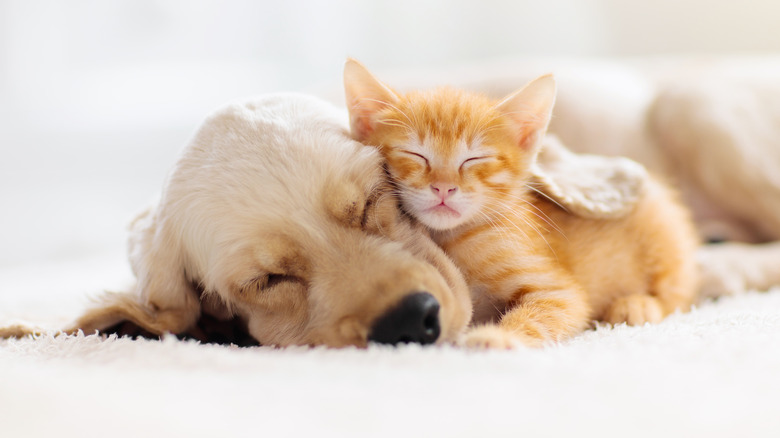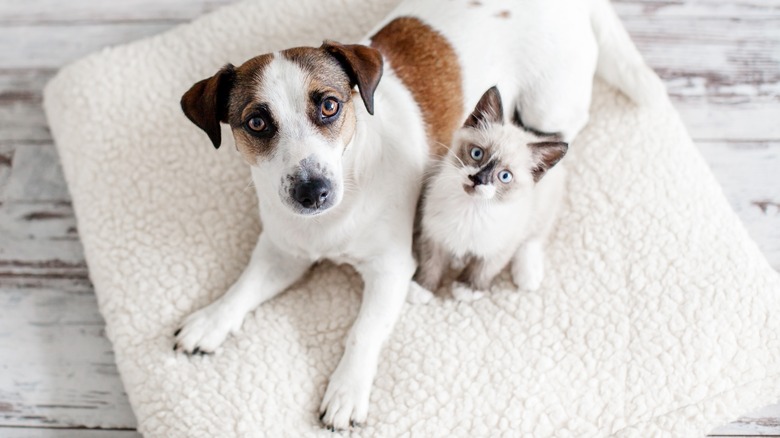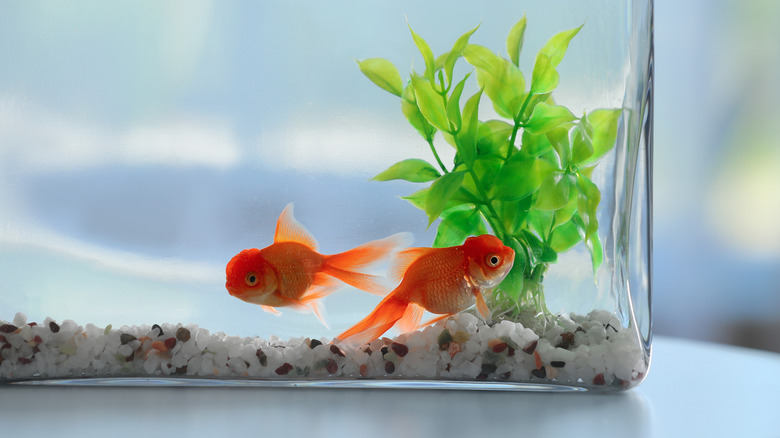Is It Safe To Use Pest Control Services Around Your Pets?
It's hard to imagine anyone being thrilled to find out that they have pests in their home. If you happen to discover that ants, cockroaches, or mice have invaded your living space, then you'll surely want to address the problem quickly and effectively, as well as safely.
According to the U.S. Environmental Protection Agency (EPA), that means cleaning up and putting away anything that might be attracting the problematic critters. You can then use humane traps in order to rid your home of creepy crawlies. If you choose to use traps with pesticides or other potentially harmful chemicals, be sure to stick with products that are specifically meant for in-home use. You'll also want to use them properly. First, opt for treatments that aren't dangerous to humans or pets. Second, only use them in specifically targeted areas instead of trying to tackle your entire home all at once. For this reason, you need to be extra careful if you choose to use fog-based pest control options. In the end, they might not be the best method to keep pests away.
The EPA notes the importance of keeping both children and pets at a safe distance from pesticides. That might leave you wondering if it's even safe at all to use pest control services around your four-legged, feathered, or fishy family members.
How to keep dogs and cats safe while dealing with pests
Pet owners can definitely use pest control services while maintaining a pet-friendly house, but it's important to do so in ways that ensure our feline friends and canine companions stay safe. American Pest suggests carefully tucking them away during treatments. To keep pets from getting into chemicals or being negatively affected by them, confine dogs and cats to a room that's not being treated with the door closed. A secluded garage may also work. When necessary, use a cage, carrier, or kennel to secure them.
Next, American Pest notes that you'll want to be sure the pest control professional you're working with is in the loop. Inform them that you have pets and let them know what kind of animals they are. Ask their advice when it comes to how animals might be affected by the kind of chemicals they'll be using. Beyond these simple steps, you can ask the pest control professional about how their methods might affect your pets once the treatment is finished. If the chemicals need to sit for a time or be cleaned up afterward, you'll want to know how long to keep your pets away in the meantime.
Protect your fish, birds, and reptiles from pesticides
While anyone who has a dog or cat will surely want to keep them safe when it comes to pest control, the same can be said about people who have other critters in their homes. The American Veterinary Medical Association estimates that over 3.5 million households in the United States have birds as pets. That doesn't even get into how many pet reptiles there are crawling around terrariums, and fishy friends swimming around in bowls, tanks, and aquariums of all sizes.
If you're able to remove your smaller pets from your home, the National Pesticide Information Center explains that might be your best option. Although, if you're unable to take them with you, then you should put something over the top of their tank or cage in order to keep pesticides away from them. You can also ensure that the pump in your fish tank isn't on while chemicals are being applied.
You might also want to get in touch with a veterinarian to seek out their expertise, advises American Pest. This can be especially important if you have a pet bird because some kinds of feathery friends can develop breathing issues that may be further affected by pesticides. Your vet will likely be able to provide information regarding your particular pets that will help you keep them safe. They can also tell you if it's best to get your animals out of the house and how to best do so.


